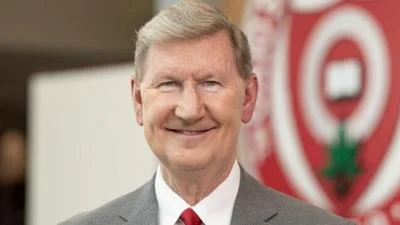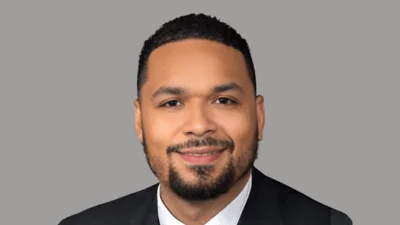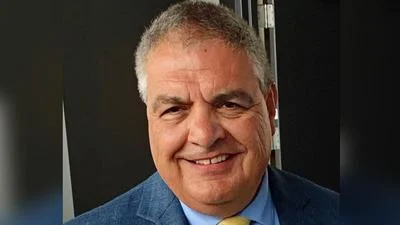Walter “Ted” Carter Jr. President at Ohio State University | Wikipedia
Walter “Ted” Carter Jr. President at Ohio State University | Wikipedia
The Ohio State University College of Education and Human Ecology recently hosted the inaugural Family Engagement Symposium to prepare upcoming teachers for working with families to support children’s education. The symposium, occurring at the Metro School, saw student teachers, parents, and administrators from various Ohio school districts come together. It was presented by the Ohio Statewide Family Engagement Center and the Department of Teaching and Learning.
“The department has been looking at how to do more outreach for our educators, and this was an opportunity to give student teachers some more information about working with parents,” said Antoinette Miranda, chair of the Department of Teaching and Learning. “We talk about it in classes, but we thought it would be good to do a symposium that allowed them to find out more.”
Discussion topics during the event included creating strong partnerships between families and schools, supporting the families of children with disabilities, preparing for challenging interactions, and participating in a panel discussion entitled “What Families Wish Teachers Knew.”
“We know that teachers who work well with families have high levels of job satisfaction. We want to contribute to that,” Barbara Boone, director of the Ohio Statewide Family Engagement Center, told attendees. “We’re hoping that you can go into your careers with a plan: ‘This is how I’m going to work with families.’”
The panel “What Families Wish Teachers Knew” featured Ohio parents Charis Davis, Meghan Volk, and Jameson George. These parents stressed the necessity of regular communication with teachers and administrators to ensure that children have the resources needed to handle learning challenges.
Davis highlighted the importance of communication for successfully supporting her children with dyslexia. “At the beginning of the [school] year, I’m like, ‘Hey, here’s my number, here’s my husband’s number,” she said.
Volk echoed the significance of consistent communication, as her children, who also have dyslexia, benefit from it. “Parents are just like teachers: We want to know that we can do the job to the best of our ability. And to be able to do that, we need to know, what are your expectations?” she stated.
George focused on the need for communication to help his children, adopted from Colombia, in adapting to the local educational system. “Consistent communication from the teacher, even if it’s just a, ‘Hey, we’re having a test on Friday. … I’m sending home study guides,’ things like that, that’s been the communication that’s worked the best for us,” he noted.
Additionally, the symposium offered sessions on bridging communication and language barriers with culturally diverse families and students, advice for teachers on collaborating with families of middle and high school students, and self-care for teachers.






 Alerts Sign-up
Alerts Sign-up